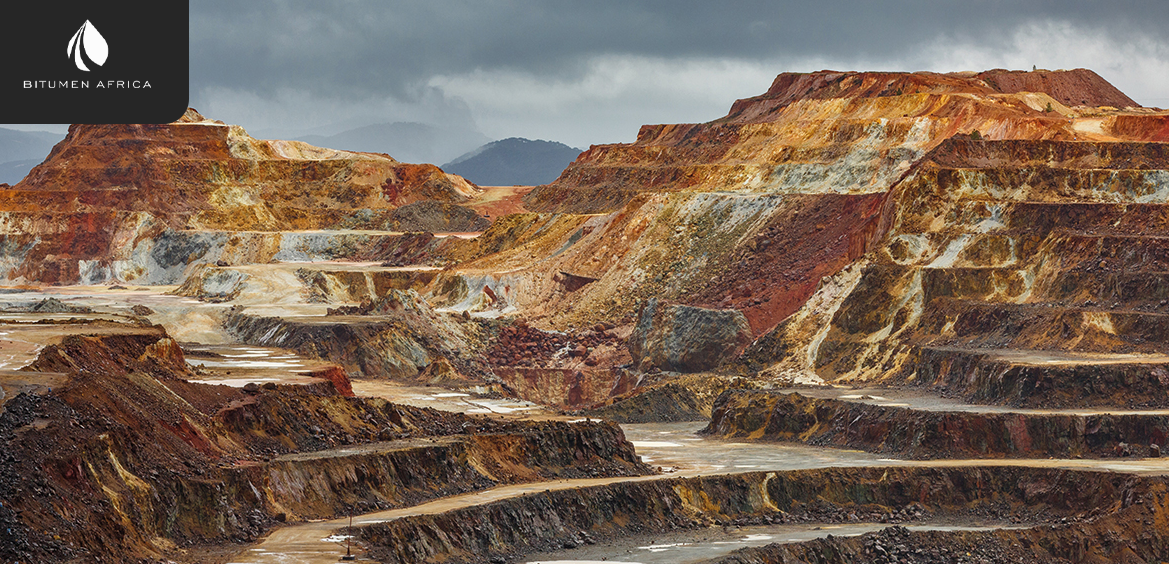Africa has a long-standing history of mining, and as global demand for critical minerals rises due to the green energy transition, the continent is becoming increasingly attractive to international mining companies. Several African nations stand to benefit from this demand by developing their mining and processing sectors, adding value to raw materials that previously went unrefined due to insufficient industrial funding. With greater investment, countries could capitalize on their mineral wealth to support economic growth and industrialization.
The continent hosts vast, largely untapped reserves of critical minerals. South Africa and Zimbabwe possess large quantities of platinum group metals and chromium, which are essential for technologies like green hydrogen and renewable energy systems. Other countries, such as the Democratic Republic of Congo and Madagascar, hold significant deposits of cobalt, manganese, and graphite, all vital for electric vehicles and large-scale battery storage. Despite these resources, extensive areas remain underexplored, suggesting the actual potential could be far greater.
Mining activities are already well underway in countries like Ghana, Zambia, and Cote d’Ivoire, while others such as Namibia, Mali, and Tanzania are emerging as key suppliers of lithium and graphite. Guinea stands out as the world’s largest bauxite producer. As global demand for rare earth minerals is expected to quadruple by 2030, eight new mines are under development in countries like Angola and Malawi, which could collectively supply about 9 percent of the world’s rare earth materials by 2029.
The shift toward Africa as a critical mineral supplier comes as countries seek to reduce reliance on China, which currently dominates the market. African nations have the opportunity to partner with Western companies, trading mineral access for investments in renewable energy and industrial infrastructure. If Africa secures even a small portion of global battery manufacturing, it could generate up to a million jobs, helping curb unemployment and brain drain. This growing industrial demand could further justify renewable energy investment across the continent.
Some African countries are already shifting their policies to retain more value from their natural resources. Zimbabwe, for example, banned raw lithium exports in 2022 to push for local battery production. However, for Africa to fully benefit from this mineral boom, investment must be equitable and sustainable. Avoiding exploitative practices of the past, fostering fair trade agreements, and ensuring local communities see tangible benefits will be essential to building a balanced and mutually beneficial path toward a green global future.

